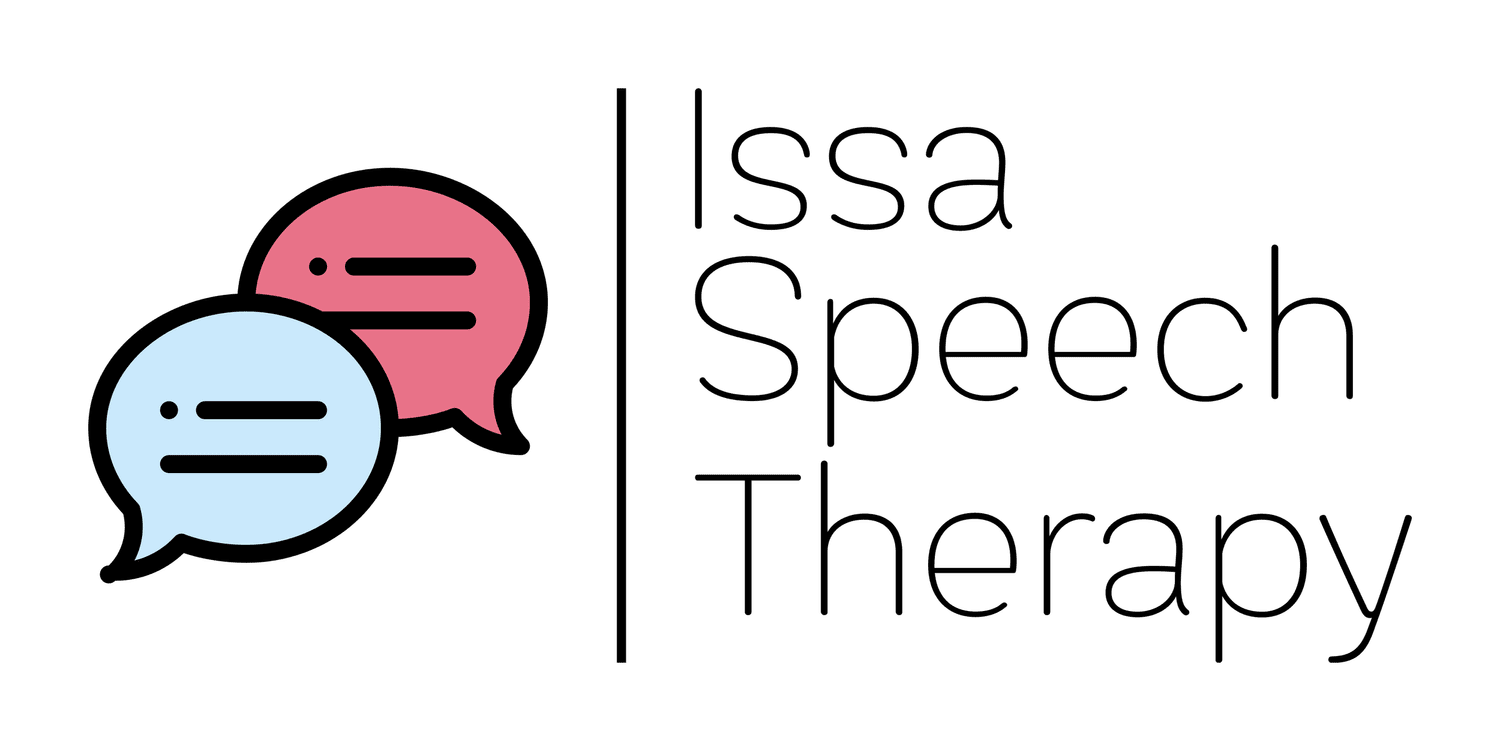
Independent Educational Evaluation (IEE)

Now Offering Independent Educational Evaluations!
With years of experience working in schools and a passion for pediatric speech therapy, we are excited to introduce a new service to our practice: Independent Educational Evaluations (IEE).
What is an Independent Educational Evaluation (IEE)?
An Independent Education Evaluation (IEE) is a process that parents can request to assess their child's educational needs. It is conducted by an outside expert who is not employed by the school or educational institution your child attends. The purpose of an IEE is to provide an unbiased and comprehensive assessment of your child's abilities, learning challenges, and educational requirements.
During an IEE, a qualified speech-language pathologist will evaluate your child using various methods, which may include observations, standardized tests, interviews, and reviewing educational records. They will assess different areas of your child's learning, such as academic skills, cognitive abilities, social and emotional development, and any specific concerns you may have.
The independent evaluator will gather information about your child's strengths and weaknesses, identify any learning disabilities or other challenges they may be facing, and make recommendations for educational support or interventions that can help address these issues. The evaluator will provide a detailed report outlining their findings, assessments, and recommendations.
Parents often request an IEE if they have concerns about their child's progress in school, suspect a learning disability or special educational needs, or if they disagree with the school's evaluation or support plan. It's important to note that an IEE is an independent assessment and is not influenced by the school's assessments or opinions.
Having an IEE report can be valuable because it provides an objective perspective on your child's educational needs and can help guide decisions regarding appropriate educational services, accommodations, or individualized support plans. It can also be used as a tool to advocate for your child's needs during meetings with school administrators, teachers, and special education professionals.
Remember, an IEE is a collaborative process that aims to support your child's educational journey. By seeking an independent evaluation, you are taking an active role in ensuring your child receives the appropriate educational support and services they need to thrive.
Why Choose Issa Speech Therapy To Conduct Your Child’s IEE?
Our Independent Educational Evaluations are comprehensive assessments designed to provide invaluable insights into a child's educational needs, particularly in the realm of speech and language. Our speech-language pathologists bring a wealth of expertise and a deep understanding of the challenges faced by children in their academic journey.
During an IEE, we conduct a thorough evaluation to assess various aspects of communication, including speech production, language comprehension and expression, social communication skills, and overall communication abilities. We utilize evidence-based assessment tools and techniques to gather comprehensive data, ensuring that our evaluations are accurate, reliable, and informative.
The purpose of our IEE is to identify any communication difficulties or delays that may be impacting a child's academic performance and overall educational experience. We collaborate closely with parents, educators, and other professionals involved in the child's care, ensuring a holistic approach that considers all facets of their development.
Upon completion of the IEE, we provide a detailed and personalized report, outlining assessment results, clinical observations, and practical recommendations. Our goal is to equip parents and educational teams with the necessary information and strategies to support the child's communication needs effectively.
We are proud to offer Independent Educational Evaluations as part of our comprehensive range of speech therapy services. By partnering with us, you can rest assured that your child's communication needs are in the hands of experienced professionals who are committed to their success.
What’s Included
An Independent Educational Evaluation (IEE) typically includes a comprehensive assessment of a student's educational needs, abilities, and progress. The specific components included in an IEE can vary depending on the individual student and their specific needs, but generally, it may involve the following:
1. Assessment Tools: The evaluator may use a variety of assessment tools to gather data about the student's abilities and needs. This can include standardized tests, interviews, questionnaires, observations, and informal assessments. The selection of assessment tools will depend on the areas being evaluated, such as academic skills, cognitive abilities, language and communication, social-emotional development, and functional skills.
2. Language and Communication Assessment: The evaluator may assess the student's expressive and receptive language skills, speech and articulation, and overall communication abilities. They may conduct assessments such as language tests, speech evaluations, and observations of the student's communication in various contexts.
3. Social-Emotional Assessment: This aspect focuses on evaluating the student's social and emotional development, including their behavior, social skills, emotional regulation, and overall well-being. The evaluator may use questionnaires, interviews, and direct observations to gather information in this area.
4. Observations: The evaluator may observe the student in various educational settings, such as the classroom, therapy sessions, or other relevant environments. These observations can provide insights into the student's behavior, interactions with peers and teachers, and their ability to function in different contexts.
5. Review of Records: The evaluator will typically review relevant documents and records, such as the student's Individualized Education Program (IEP), previous evaluations, school reports, progress notes, and any other pertinent information that can contribute to the evaluation process.
6. Recommendations: Based on the assessment findings, the evaluator will provide recommendations to address the student's educational needs. These recommendations may include specific interventions, accommodations, modifications, therapies, or additional services that could support the student's learning and development.
It's important to note that the specific components of an IEE can vary based on the student's needs, the referral questions, and any specific concerns raised by the parents or guardians. The evaluator will tailor the assessment process to address the individual student's unique educational needs.
